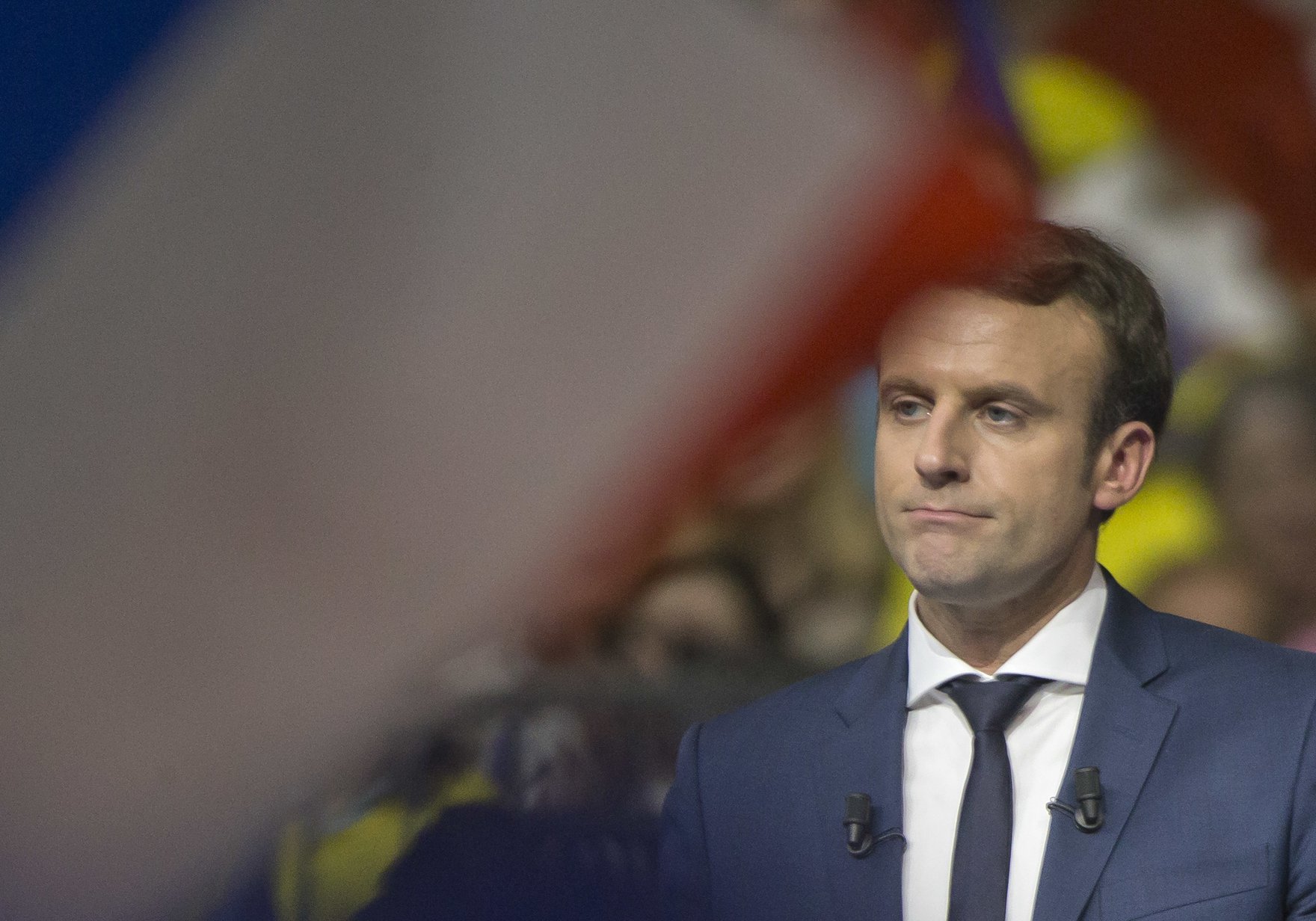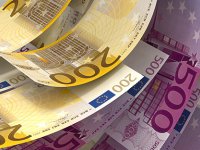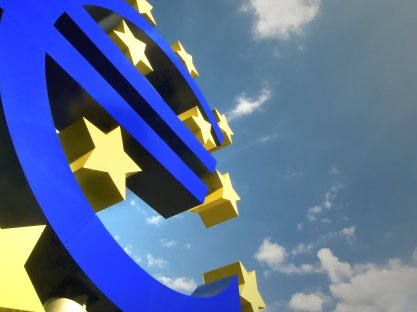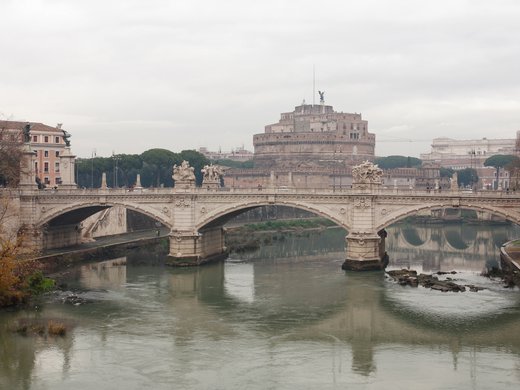On a Saturday afternoon in early March, about 70 French expats gathered at a bar in Montreal’s Little Italy for a political rally. The Quebec winter, Friday-night cobwebs and the distance from home conspired to contain boisterousness. But the speeches were earnest, and there were more questions than the hosts had time to answer. There were glossy pamphlets for all to take home. So this mini-rally had everything you’d expect from a political event, save one thing: a French flag.
It is a striking omission in 2017, a moment when the political zeitgeist in France and elsewhere is supposed to be about placating nationalists.
However, this was a rally for Emmanuel Macron, the 39-year-old former investment banker who, in the past few weeks, has emerged as the leading contender for the French presidency. The latest polls have him tied for the lead with Marine Le Pen, who favours quitting the euro and stricter controls on immigration.
In contrast, Macron’s campaign embraces the world. Instead of the familiar tricouleur, almost every table at the bar in Montreal was decorated with miniature paper flags of the European Union, mounted in paper coffee cups. The event was one of a dozen that took place simultaneously in North American and South American cities such as Washington, San Francisco, Mexico City, Buenos Aires and Bogotá. The other parties in France “were trying to catch up to Le Pen,” said Christopher Weissberg, a former Socialist and one of the organizers of the Montreal rally. “Macron shaped his own agenda.”
Away from France, the story of the presidential race has been the strength of Le Pen, leader of the National Front, a party that was once outwardly racist and is now merely unapologetically xenophobic. France “isn’t burkinis on the beach. France is Brigitte Bardot. That’s France,” Le Pen said in an interview with the US current affairs show 60 Minutes that aired March 5. Later, she stated there are neighbourhoods in her country “where you no longer are living a French life,” because of immigration. “To offer something to the world, France has to remain France,” she said.
This sort of thing has been working for Le Pen.
In 2016, polls consistently suggested that she commanded the support of at least one-quarter of French voters, more than any other candidate for the presidency. Meanwhile, President François Hollande, a Socialist, suffered miserable approval ratings, and the Republicans of former president Nicolas Sarkozy struggled to gain traction.
The National Front has been tugging the French political mainstream to the right since the 1970s, when Le Pen’s father, Jean-Marie, a convicted denier of the Holocaust, helped form the party and became its first leader. The elder Le Pen finished second to Jacques Chirac in the 2002 presidential election, although the race wasn’t close. His daughter took over as leader of the National Front in 2011 and broadened the party’s appeal by exiling her father from its ranks.
Despite the National Front’s track record of political relevancy, commentators have tended to use Le Pen to support a post-Brexit, post-Trump narrative that a populist uprising is steadily taking over Western democracies. Le Pen is a key element of international security expert Scott Malcomson’s argument that the world is witnessing the rise of the “Nationalist International.” 60 Minutes framed its interview by portraying Le Pen as the next Donald Trump, “only with a French accent.”
Less is said about Macron. This may be about to change, because it is Macron, not Le Pen, who now has the momentum. Bloomberg News has begun calling him the front-runner. Macron is winning praise from the left (Socialist Foreign Minister Jean-Marc Ayrault, among others) and from the right (former prime minister Dominique de Villepin). Le Pen herself has begun focusing her attacks on Macron rather than her rivals from the the traditional centre-right and centre-left.
“Those who call themselves patriots, who oppose the EU, those who say they oppose immigration — if they find themselves faced with a second-round choice between Marine Le Pen and Emmanuel Macron, which is to say a proud globalist and a proud patriot, what will they do?” she said in a television interview on March 12. “They should support me and my demand for sovereignty, freedom and defense of identity.”
The McGill University psychologist Daniel Levitin, in his book A Field Guide to Lies, advises readers to always assess the plausibility of what they read in the press. Le Pen may lead the polls, but she has little room to grow. That’s important because the winner of the French presidential election must either win a majority in the initial vote or face the second-place finisher in a runoff. Macron, who resigned last year as Hollande’s economy minister to prepare his campaign, would pull support from the left and the right in a second-round vote. The probability of Le Pen beating Macron in a head-to-head contest seems low.
So there is something important happening in France, but it may not be what you have been led to believe, or at least not entirely. French voters certainly are rejecting legacy politics: if the current alignment holds, both the Socialists and the Republicans, which have held power since the founding of the Fifth Republic in 1958, will be excluded from the final round of voting.
But Macron appears to have found a way to harness that frustration behind a campaign with a positive message rather than a negative one. His fledgling party En Marche! (“On the Move!”), still more of a movement than a formal political organization, is a unique blend of grassroots democracy and top-down management. Last year, volunteers spent two months knocking on doors, surveying French citizens about their priorities. Macron also enlisted 400 experts to help him turn those doorstep desires into viable policies. (Jean Pisani-Ferry, the highly respected former head of the Bruegel think tank in Brussels, is Macron’s policy director.) The result is a platform that Macron insists is neither left nor right but simply a collection of practical solutions to France’s most pressing problems.
So, rather than kowtow to the populist mood, Macron confidently defends the European Union and the euro. He would add 10,000 police officers at home and send 5,000 to Europe’s borders, but he also would cap primary school class sizes at 12 in the big-city suburbs, where immigrants tend to live. He would offer unemployment insurance to someone who quits her or his job once every five years, and he would remove the wealth tax on all investment income except for profits from real estate. He has invited anyone wishing to represent En Marche! in the National Assembly to apply online and promised to correct the gender imbalance in Parliament by putting women in winnable districts.
While there may be a leftward tilt to Macron’s program, it will be more digestible for a centre-right voter than will Socialist candidate Benoît Hamon’s desire to institute a basic income. And so far Macron has avoided significant scandal, unlike François Fillon, the Republican candidate.
Fillon was formally placed under investigation by a French investigating judge following allegations in satirical newspaper Le Canard Enchainé that he paid family members for work they did not do while he was a member of the National Assembly. An investigation of this nature does not confirm wrongdoing and the allegations, which Fillon has denied, have not been proven in court. The investigation may be dropped before reaching a trial.
The world is starting to take note of the shift in the French contest. Kemal Derviş, the former Turkish economy minister who now is vice president of the Brookings Institution, was among the first. “A Macron victory could launch a counter-trend to the populism that is sweeping the globe, by giving hope to all who are sympathetic to the left or right, but anxious about populism and hyper-nationalism,” he wrote. The Economist said in an editorial this month that the outcome of the French election could “revitalise the European Union, or wreck it.” German Chancellor Angela Merkel invited Macron to join her for tea on March 16, a move no doubt meant to bolster Macron’s claim that France is better off sitting among the leaders of Europe than with those who would break it apart.
There is something happening here. Weissberg, the En Marche! organizer in Montreal, said people are attracted to Macron because he offers a break from the stifling ideological clashes of the left and right: no more excessive wealth taxes, no more antagonistic threats to the welfare state. “Macron is not embedded in traditional politics, that makes it so difficult to talk about issues,” Weissberg told me. Macron’s supporters draw parallels with Canada’s Justin Trudeau, who won a surprise victory in 2015 with a campaign that promoted openness and promised a break with politics as usual. The turning point for Trudeau was when he said he would run deficits to invest in infrastructure and social programs. The other two parties treated balanced budgets as a political imperative. Canadian voters thought otherwise, handing Trudeau’s Liberal Party a majority in Parliament.
The usual provisos apply when speculating about whether Macron can duplicate Trudeau’s success. A lot can happen between now and the presidential votes on April 23 and May 7. And then anything can happen on voting day, given the tightness of the polls. Macron’s movement, only a year old, will be tested against the more experienced parties. Even if he wins, the legislature could end up in the hands of one of his opponents when National Assembly elections are held in June.
But even if he loses, Macron will have proved there is an answer to the nationalist backlash. In little time, he has mustered a worthy response to Le Pen’s decades-old campaign against globalization. Yes, a vast majority of voters in Western democracies are rejecting their elites. That doesn’t mean most of them want to retreat from the world. They simply want politicians who put policies ahead of self-interested party politics. That’s what the Trudeau campaign promised Canada, and that’s what Trump vowed in the United States. Macron could be next. Fortunately for internationalists, Macron is on their side.
Correction: This article has been amended to reflect the fact allegations against François Fillon have been denied and have not been proven in court, and to make clear that a formal investigation launched in March may be dropped without reaching trial. An earlier version of this article neglected to mention the denial and did not specify that the allegations remain unproven. We regret the error.



